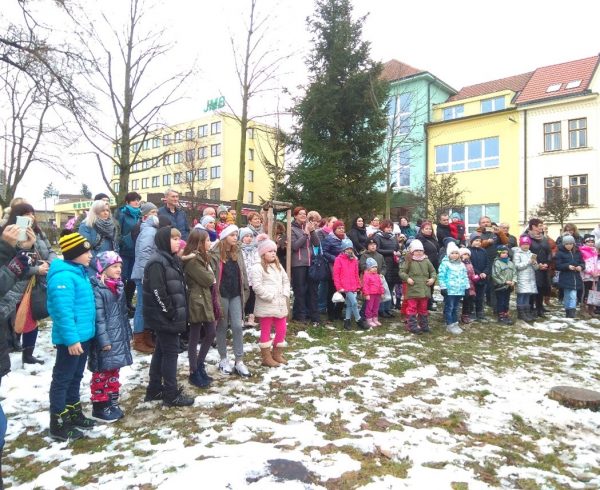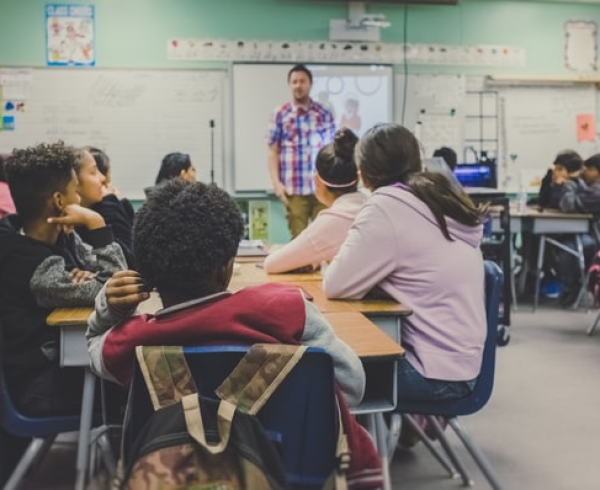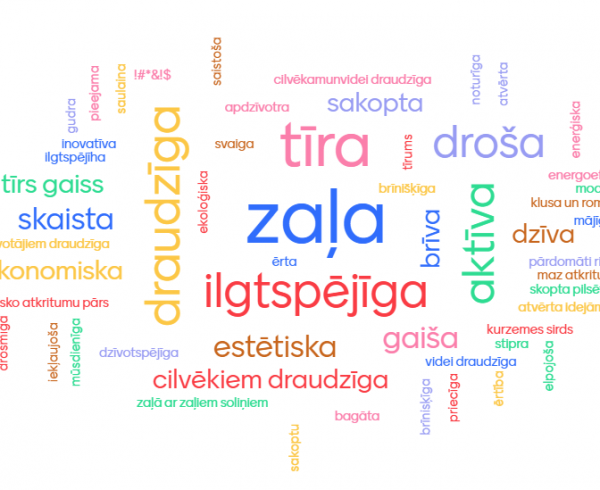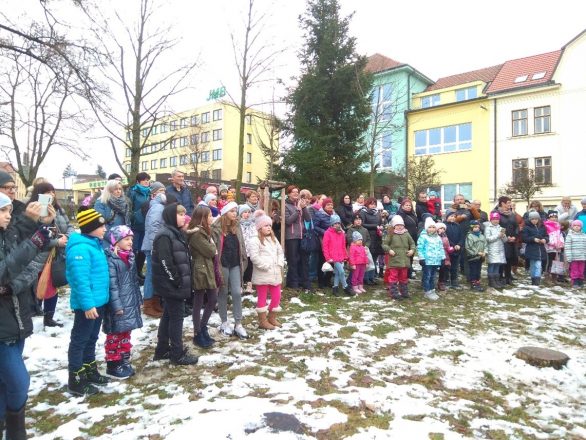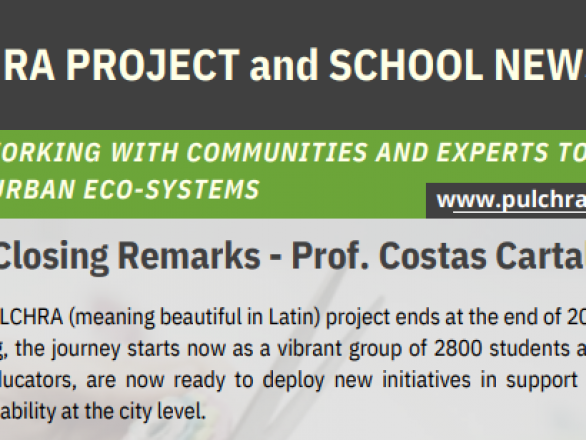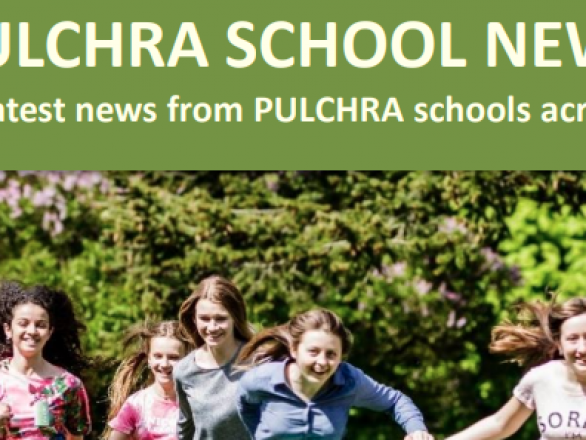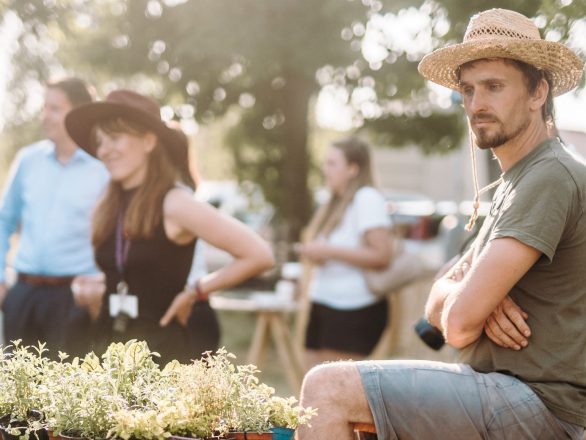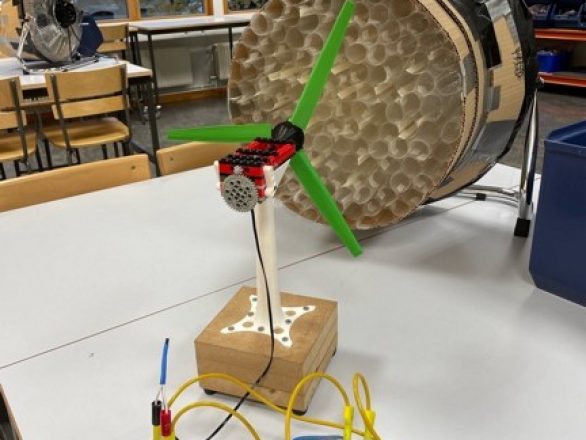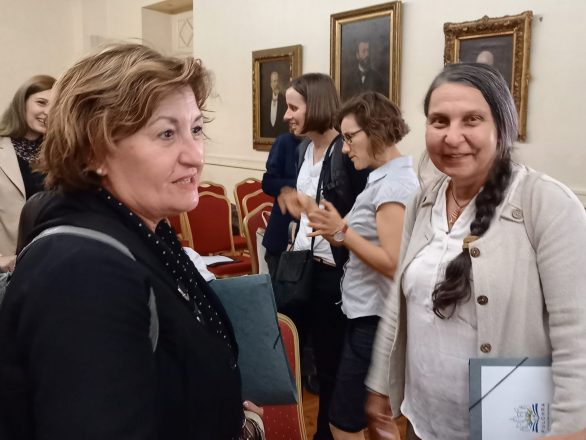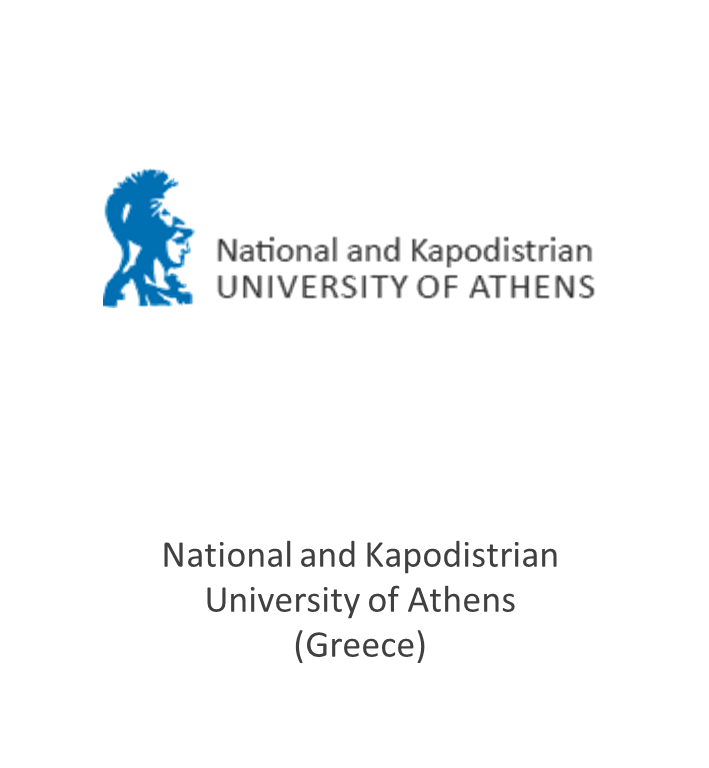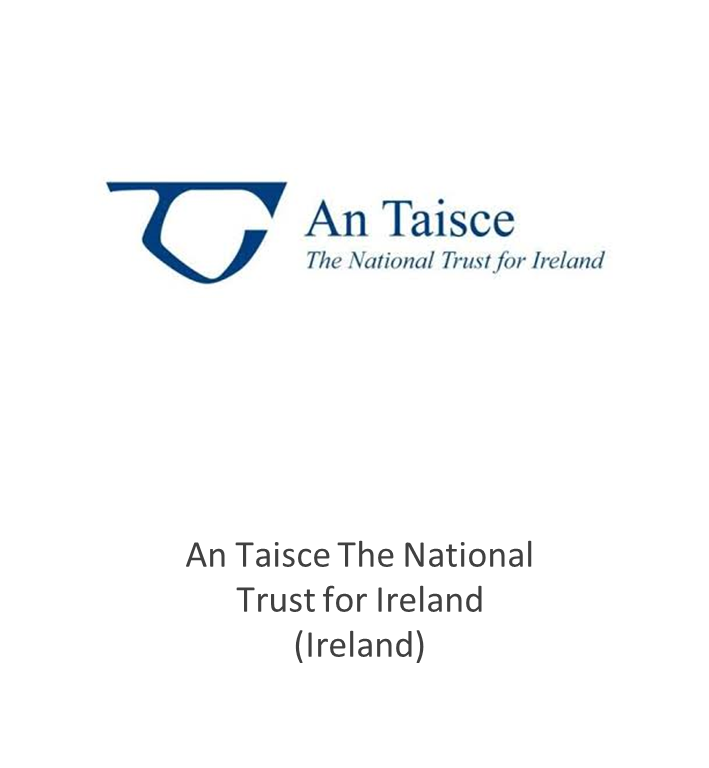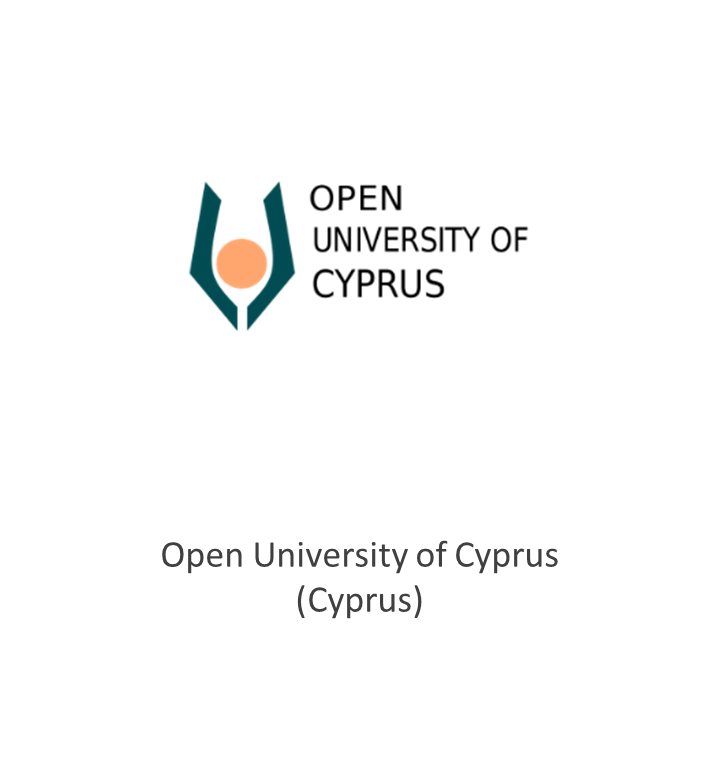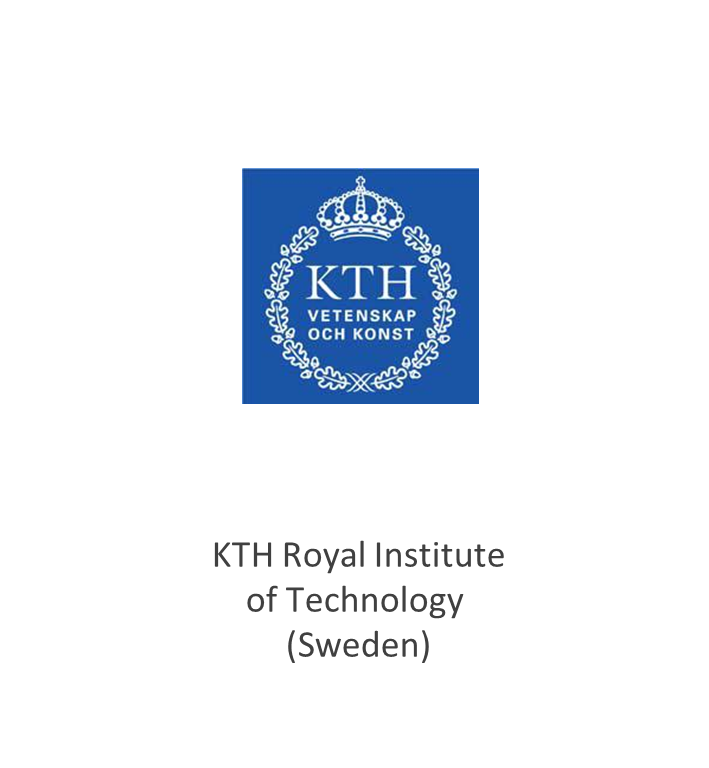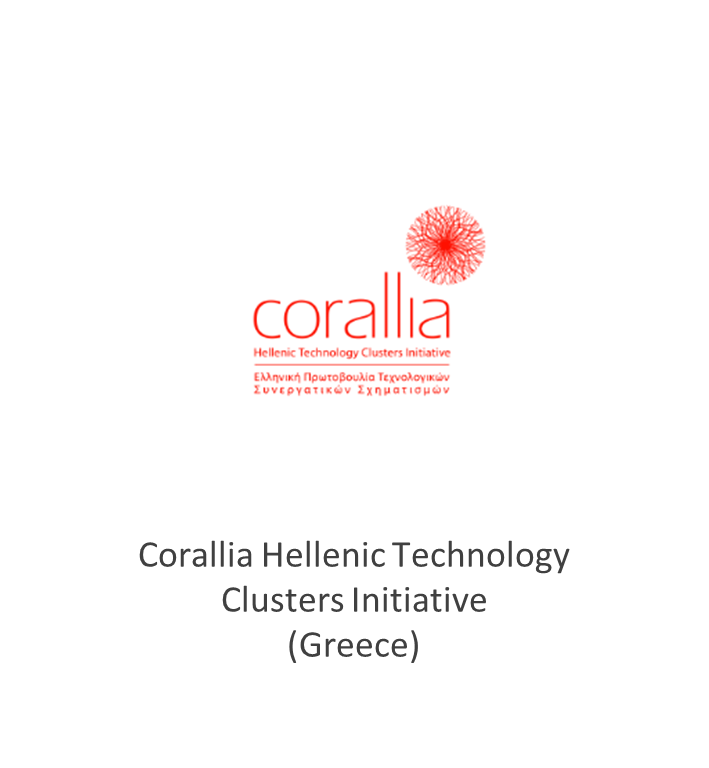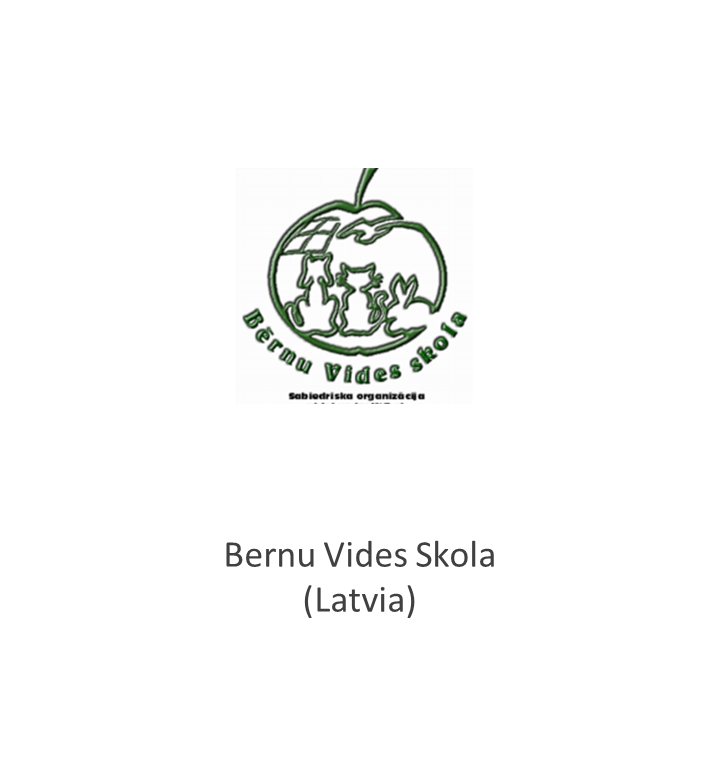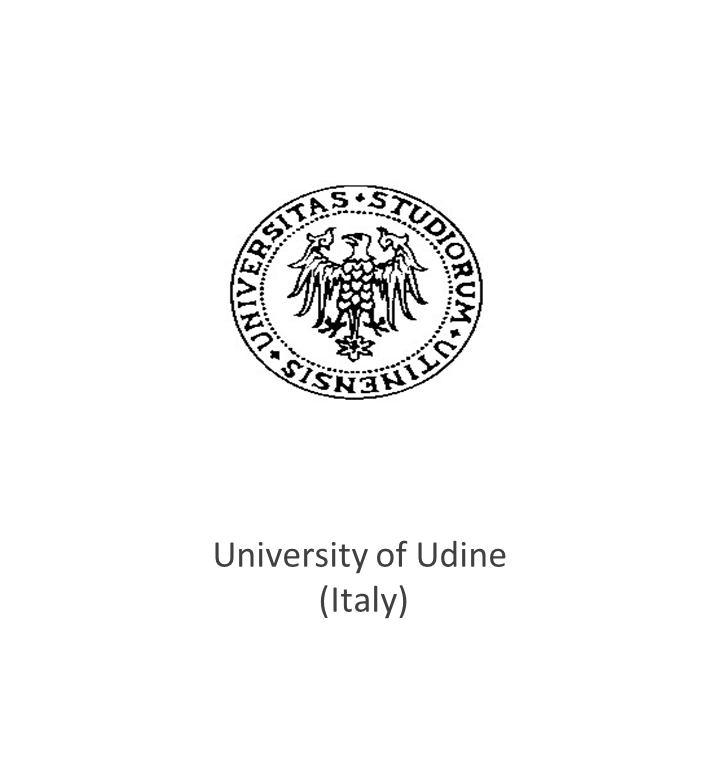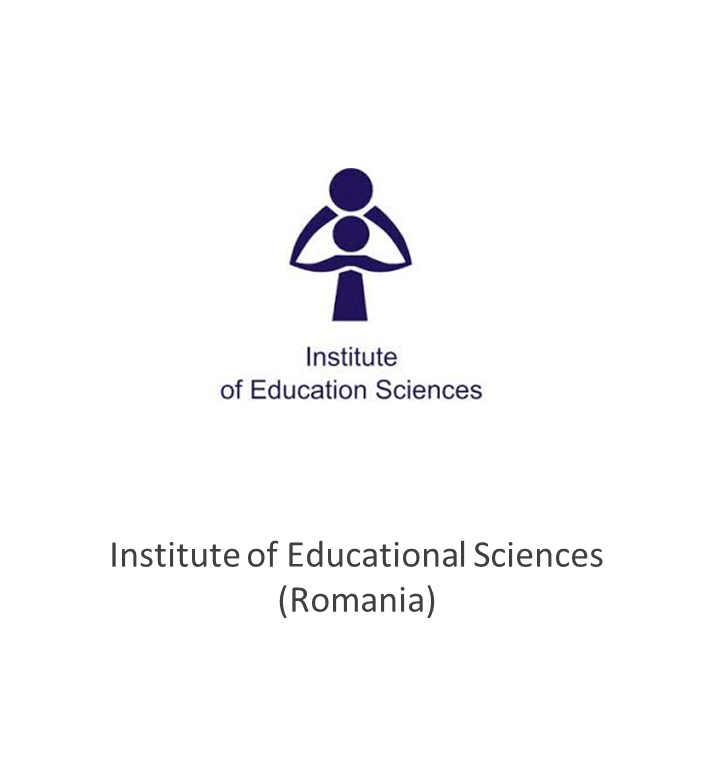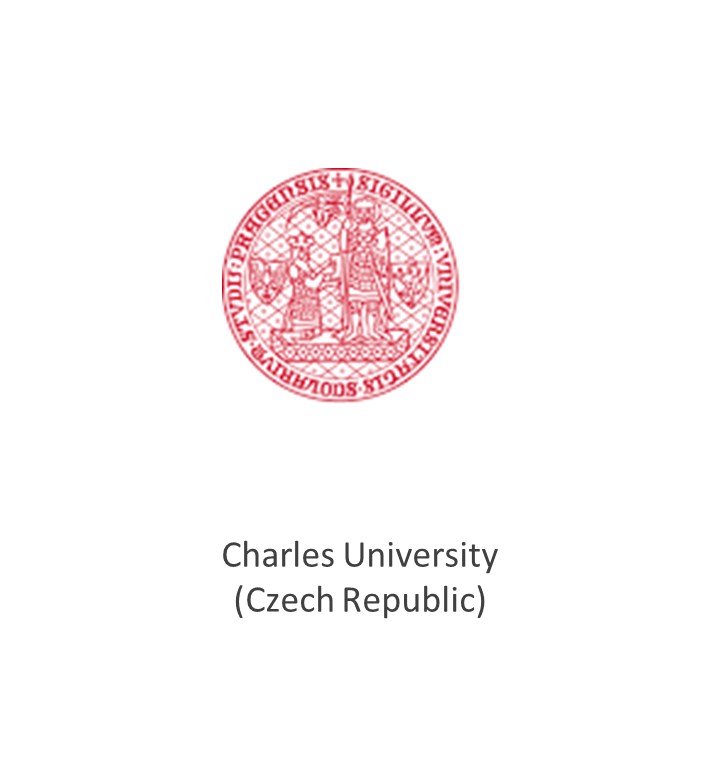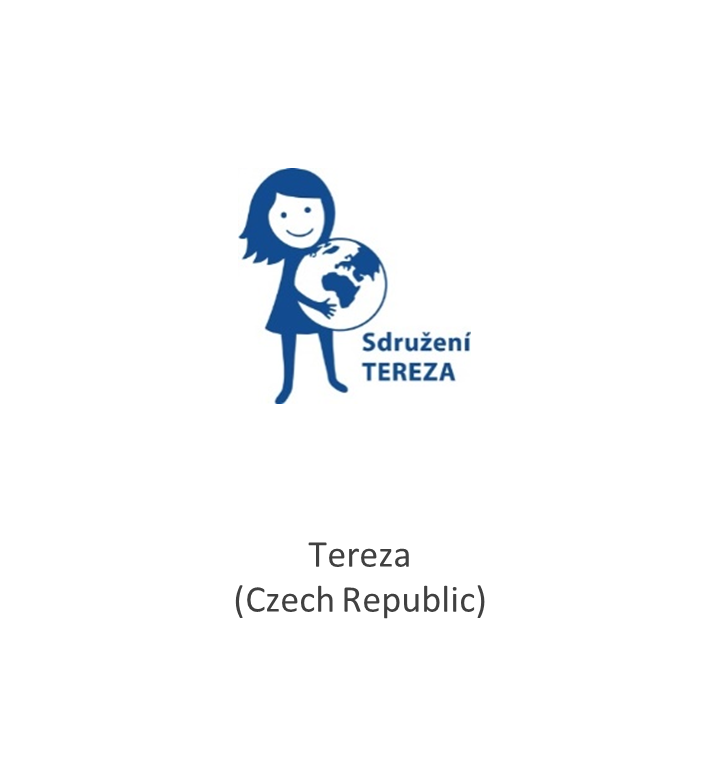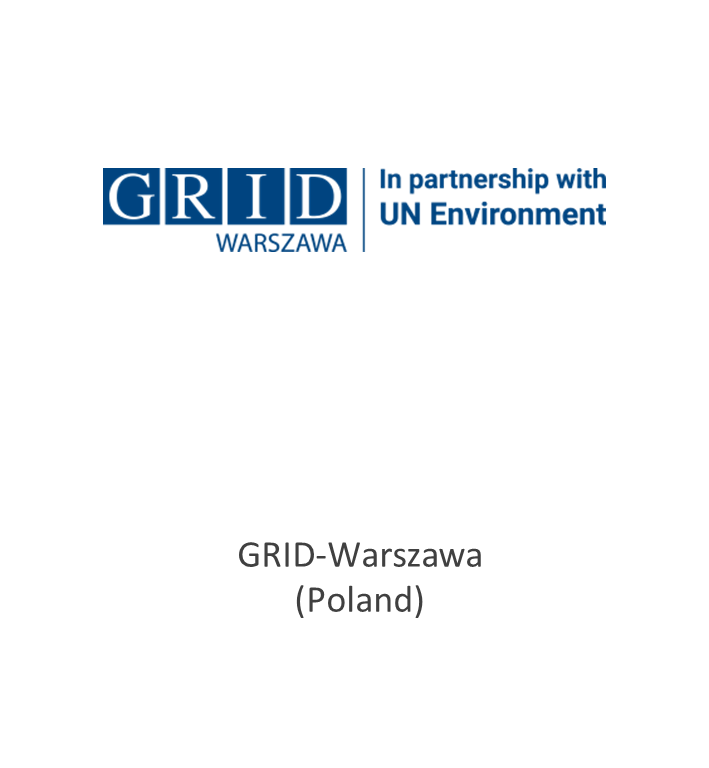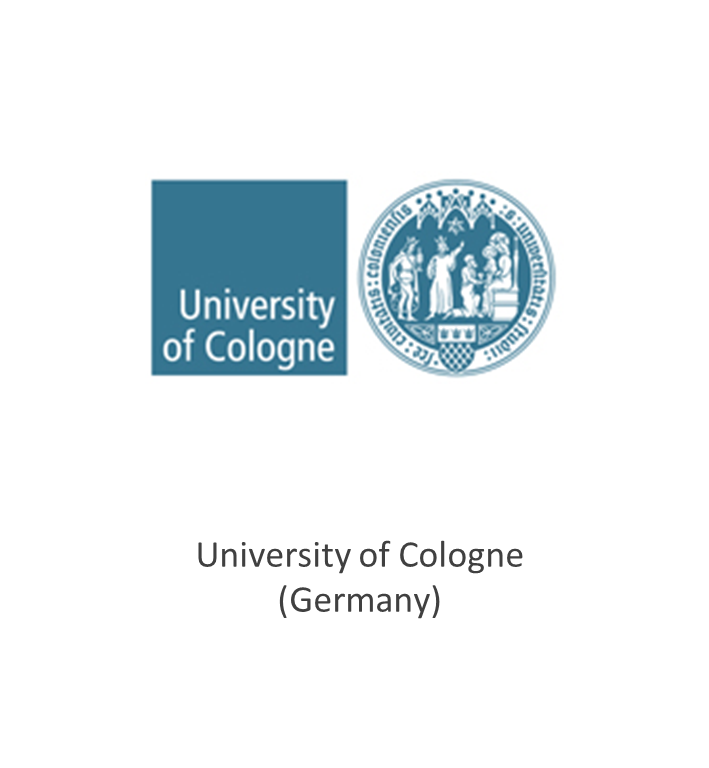The University of Udine, through a team of the department of Agro-Food, Environmental and Animal Sciences (DI4A), coordinates the PULCHRA project in Italy and has identified as a general theme (City Challenge) “Regenerating urban space to connect people in a healthy environment”
From biodiversity in the city to soil-plant relationships, there are many topics of research addressed by the participating institutes.
To present the chosen topic, each school organized a telematic workshop. At these events, attended by almost 400 people, the students presented their project ideas and discussed with other schools, stakeholders and experts, including those from the University of Udine and representatives of the public administration.
THE PROJECTS OF THE SIX SCHOOLS OF FRIULI VENEZIA GIULIA
“Green areas as laboratory for environmental experiences” (Secondary school “Bassa friulana”, Cervignano del Friuli). Through the analysis of the landscape of their municipal territory, the types of land cover will be identified and mapped. Specific areas will be studied in relation to water bodies, soil, vegetation and biodiversity matrices. A participatory co-design conducted by the students will provide schools and citizens with an open-air laboratory to understand the phenomena and impacts of climate change. The site will be configured in the territory as one of the reference points to measure climate changes taking place to be converted into concrete actions of citizen science.
“Regenerating urban space in a healthy, connected, welcoming and resilient environment” (Secondary school “Magrini-Marchetti”, Gemona del Friuli). Municipal authorities try to guarantee their communities liveable, accessible and able to stimulate a “sense of belonging” to the territory. Nowadays there are new needs linked to a greater awareness of environmental problems and the need to fight the effects of climate change on urbanised areas. Magrini-Marchetti school takes up the challenge of developing new ideas for the creation of public spaces adapted to the complexity of the economic, social, climate and environmental problems that our communities are called to face.
“Urban biodiversity and protection of pollinators” (Scientific high school “Copernico”, Udine). The school intends to bring students closer to the theme of biodiversity in the city through the study of pollinating insects and the host plants. After the knowledge of the insects and botanical species involved, a practical part is planned with the construction of small “houses” (bug-hotel) capable of housing pollinators, and with field activities for the recognition of animal and plant species of the city environment. The following steps involve the installation of houses in urban environments, particularly in the areas adjacent to the school, the subsequent mapping of those occupied by insects and botanical species capable of providing nourishment to them.
“Green areas for ecological connectivity” (Secondary technical school “Deledda-Fabiani”, Trieste). The project aims to bring students closer to the theme of biodiversity in the city through the mapping and studying of the green infrastructures present in the city and their fundamental role for the presence and activity of pollinators in urban and peri-urban areas.
“Multifunctional cultivated areas as a laboratory of sustainability” (Secondary technical school “Il Tagliamento”, Spilimbergo). The project will focus on soil-plant relationships, environmental factors and what variables need to be measured to optimize plant growth in a climate change scenario. Practical experience will concern the survey of environmental data and the monitoring of the growth of vegetation in greenhouses from an agricultural 4.0 strategy perspective.
“Green spaces for well-being and contact with nature” (High school “Bertoni”, Udine). The project proposed by the school aims to make students to understand the importance of urban green areas for the well-being of the community, the beneficial effects that can be generated by the use of these environments by involving citizens through an awareness campaign.
More info ➡ http://bit.ly/ProgettoPulchra



